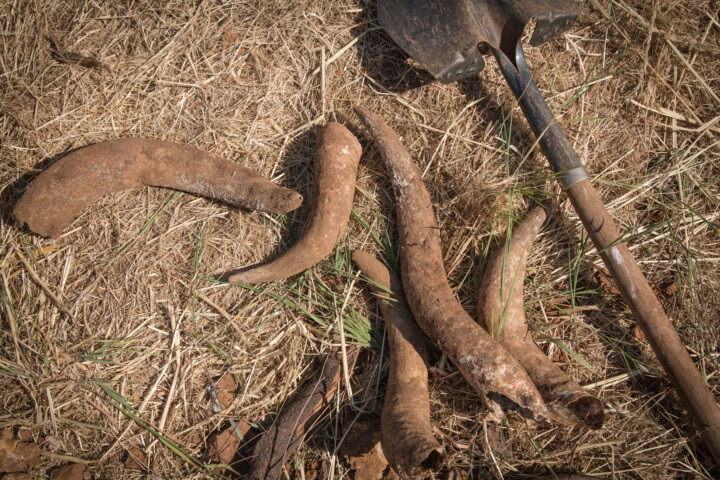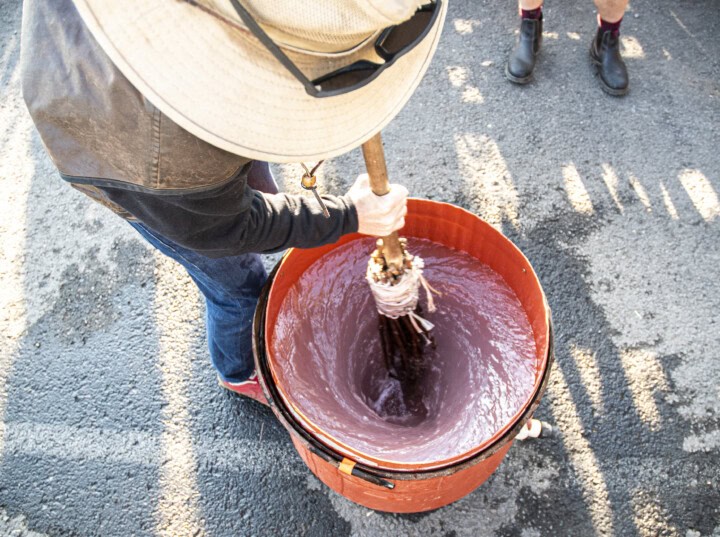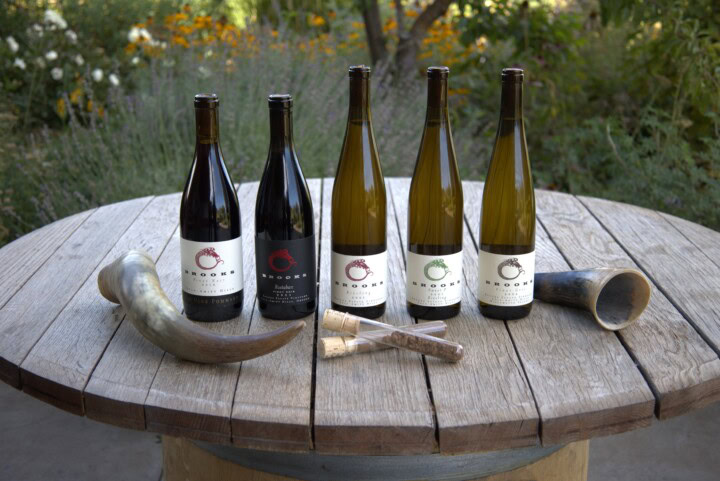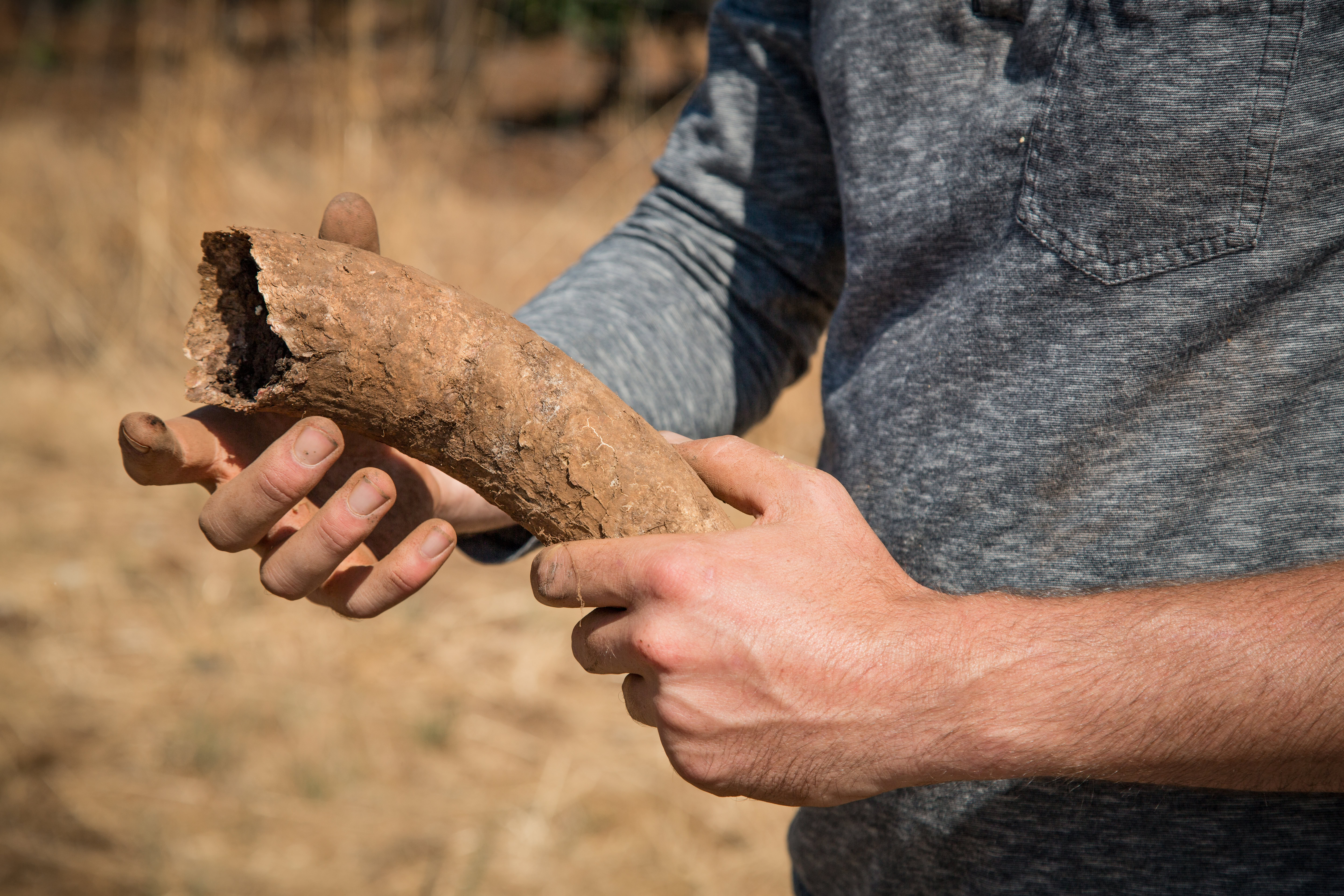As the wine industry evolves, consumers are increasingly interested in how their wine is produced. Rooted in sustainable farming practices and holistic principles, biodynamic wine has gained popularity for its environmental and philosophical approach. Biodynamic winemaking emphasizes balance and harmony with nature, contributing to a product more aligned with natural processes that may support a healthy, well-balanced lifestyle.
But what exactly is biodynamic wine? And why is it considered a superior choice compared to conventionally produced wine? Continue reading to learn about the principles behind biodynamic winemaking and how it stands out in the world of viticulture.
What Is Biodynamic Wine?
Biodynamic wine is crafted using biodynamic farming principles, a holistic approach to agriculture that views the vineyard as a self-sustaining ecosystem. This philosophy was developed by Austrian scientist and philosopher Rudolf Steiner in the 1920’s. Steiner’s principles extend beyond organic farming by integrating cosmic rhythms and natural preparations to enhance soil fertility, plant health, and harmony between the land, plants, and animals.
Natural Practices
Biodynamic vineyards avoid synthetic pesticides, herbicides, and chemical fertilizers. Instead, they rely on organic compost, cover cropping, and natural pest control methods to maintain soil health and balance. This method not only nurtures the soil, but also limits chemical residues on the fruit.
Biodynamic Preparations
Farmers use specific preparations (i.e., “Preps”) made from natural substances like herbs, minerals, and animal byproducts to enrich the soil and enhance plant vitality. The two most common examples are manure packed inside cow horns (Preparation 500) and silica (Preparation 501). Preps 500 and 501 are applied to the fields to promote soil fertility and strengthen vines and add resilience.
Lunar Cycles
Biodynamic practices align vineyard activities, such as planting, pruning, and harvesting, with the rhythms of the lunar cycle. Advocates believe the lunar cycle influences plant growth. More specifically, the distribution of water, nutrients, and energy throughout the plant is impacted, much like the tides on the shores of the beaches are impacted by the gravitational pull of the moon during the cycle.
When applying the lunar cycle to agriculture, the calendar is broken down into four types of days: Root, Leaf, Flower, and Fruit. On a Root day, the plant’s resources are believed to be in the roots, so pruning might happen on that day instead of soil management so as not to disrupt the plant’s natural processes. This style of agriculture builds a farmer’s keen awareness of the relationship between the land and the plant for mindful interventions (if any).
Certification
To ensure adherence to these principles, biodynamic wines are often certified by organizations like Demeter International or Biodyvin, which set strict standards for biodynamic farming and winemaking practices. The use of either of these certifications on the wine bottle’s label or producer’s website offer transparency and assurance to the consumer.

How Does Biodynamic Wine Differ From Conventional Wine?
Biodynamic wine differs significantly from conventionally produced wine in both farming and winemaking processes.
- Chemical-Free Cultivation: Conventional vineyards often use laboratory-synthesized fertilizers, pesticides, and growth serums to maximize yields and protect crops. In contrast, biodynamic farming avoids chemicals, resulting in cleaner grapes.
- Focus on Soil Health: Biodynamic farmers prioritize soil vitality, which may lead to healthier vines and more nutrient-rich grapes. This emphasis on soil health contrasts with conventional practices that may deplete soil nutrients over time.
- Low Intervention Winemaking: Biodynamic winemakers use naturally occurring yeasts (i.e., “ambient” yeasts) for fermentation and avoid additives like artificial tannins, powdered acid, or flavor enhancers. This low-intervention approach allows the wine to express its terroir more authentically. The unique characteristics of the vineyard’s soil, climate, and geography come through in the purity of the fruit.
- Minimal Sulfites: Sulfites are a natural byproduct of fermentation and are present at high levels in many common foods including salami, sauerkraut, dried fruit, and even molasses. Although naturally present in wine, additional sulfites are often added to wine to preserve freshness and prevent spoilage. While sulfites are generally safe for most people, some individuals may experience sensitivity, leading to headaches, allergic reactions, or other discomforts. In biodynamic wine making, sulfites must be kept to a minimum. The maximum allowable levels for biodynamic wines are significantly lower (i.e., 70 mg/L for whites and 90 mg/L for reds) than those permitted in conventional winemaking (i.e., 350 mg/L).
- Sustainability: Biodynamic practices aim to create a self-sustaining, closed-unit ecosystem. This further reduces the environmental impact of farming. Conventional wine production, however, often involves heavy use of chemicals that can harm the environment and materials sourced from great distances in an effort to reduce the producer’s expenses.

Why Is Biodynamic Wine a Better Choice?
For many, biodynamic wine offers a range of benefits that make it a preferable choice over conventional wine.
- Environmental Sustainability: Biodynamic farming promotes biodiversity, reduces pollution, and enhances soil health. By choosing biodynamic wine, consumers support sustainable agricultural practices that benefit the planet.
- Improved Grape Quality: Healthier soils produce better-quality, more pure tasting grapes, which can result in wines with richer flavors. It has also been suggested that biodynamic wines present higher levels of antioxidants, such as polyphenols, flavonoids, and anthocyanins. These compounds are often sites for their potential health benefits, including anti-inflammatory and heart-protective properties.
- Low Chemical Exposure and No Manipulation: Without synthetic pesticides, fertilizers, and flavor enhancers, biodynamic wines are free from chemical residues. Consumers with sensitivities can greatly reduce their potential health risks associated with these substances by selecting biodynamic wines, especially those audited and certified by Demeter or Biodyvin.
- Ethical and Philosophical Appeal: For many consumers, supporting biodynamic wine aligns with their values of sustainability, mindfulness, and respect for nature, which further enhances the enjoyment of the wine.

So, What’s The Catch?
While biodynamic wine has many advantages, it is important to acknowledge potential drawbacks.
Higher Cost – Biodynamic farming is labor-intensive and yields are often smaller. This can lead to higher production costs and, potentially, wines with a higher price tag.
Limited Availability – Biodynamic wines can be hard to find, especially in regions with fewer certified producers. It is worth noting that certification is expensive. Not all producers have the financial flexibility to secure certification each year. As a consumer, learn about the methods practiced by your favorite producers. Identify producers whose values align with your own. Then, ask for recommendations for other like-minded producers regardless of whether or not they are certified.
Moderation is Key – While biodynamic wine offers a slew of potential benefits, it is important to remember that it is an alcoholic beverage. Only you can determine what is the correct choice for your personal wellness. Continue to learn as much as you can about producers and their sourcing choices for all products and nourishment you purchase. Consult with your doctor for additional advice.
Biodynamic wine represents a holistic, sustainable, and ethical approach to winemaking that appeals to environmentally and health-conscious consumers. Prioritizing soil health, natural practices, and harmony with the environment all contribute to biodynamic wines that offer a cleaner and more authentic product compared to conventionally produced wines.
Biodynamic wine is undoubtedly worth exploring for those who enjoy making mindful choices and savoring the fruits of nature. Cheers!
